-
This wonderful comprehension guide explores the magical and enchanting storytelling of the Brothers Grimm.in 3rd GradeSku: 9781930710740
The Fairy Tales of Brothers Grim – Comprehension Guide
By: Emily Fischer$26.50 -
Don’t let politicians, rhetoricians, or bad logicians fool and manipulate you or your children/students. This book includes 38 lessons on common logical fallacies and propaganda techniques, presenting them in the context in which they are often found: arguments at home, political debates, marketing, and more. It is self-teaching, meaning no other resources are needed; it is intended for children and parents to use together.in 10th GradeSku: 9780974531571
The Fallacy Detective
By: Nathaniel Bluedorn, Hans Bluedorn$43.50 -
This is the instructor manual for the Literature component in Level 6 of the MCT language arts curriculum. Please choose the Parent or Teacher option.in 8th Grade
The Fog Trilogy – Manual (Parent only)
By: Michael Clay Thompson$26.00 -
With a new name, but the same, thorough, clearly-outlined rules of English Grammar, The Grammar Guidebook is the second edition to The Comprehensive Handbook of Rules.in 5th GradeSku: 9781945841576
The Grammar Guidebook
By: Susan Wise Bauer$23.95 -
This is the grammar book in Level 4 of the MCT language arts curriculum.in 6th GradeSku: 9780880928700
The Grammar of Literature – Student Book
By: Michael Clay Thompson$35.95 -
Great Alaskan Dinosaur Adventure Adventures Mike Liston, Buddy Davis, Dan Specht, George Detwiler, and John Whitmore brave the aching cold of the Alaskan wilderness. On a hunt for truth amid the shrieks of wild animals, the clouds overhead race swiftly by. Locked in a remote, frozen wasteland where man has rarely been, lie remains of creatures so mysterious, science can scarcely believe the truth. A team of scientists and researchers endured incredible hardships to reach a site many would rather avoid - the Alaskan wilderness - and in the process, uncovered unfossilized dinosaur bones. The implications are enormous, for how can dinosaurs be 65 million years old if their bones are still unfossilized? Join the team and thrill at the photographs and tales of danger, as The Great Alaskan Dinosaur Adventure drops a bombshell on the scientific community. See once again why true science honors the pages of the Bible.in 4th GradeSku: 9780890512326
The Great Alaskan Dinosaur Adventure
By: Buddy Davis, John Whitcomb, Mike Liston$14.90 -
"Bang!" goes the gun. The race is on. Eighty racers explode from the starting gate, determined to win The Great Divide.in 4th GradeSku: 9780763615925
The Great Divide
By: Dayle Ann Dodds$11.99 -
The Great Gatsby Student Guide increases the student’s vocabulary and reading comprehension by providing in-depth vocabulary study, reading notes, comprehension questions, and more.in 10th GradeSku: 9781547701858
The Great Gatsby – Student Guide
By: David M. Wright$18.95 -
The Great Gatsby - Teacher Guide is equipped with all answers to The Great Gatsby - Student Guide as well as all tests and quizzes. This enables educators to guide students through the grammar, logic, and rhetoric stages towards the central proposition that gives the story ultimate meaning and expression.in 10th GradeSku: 9781547701865
The Great Gatsby – Teacher Guide
By: David M. Wright$18.95 -
-0%This set provides students and educators with all the resources they need to effectively study the F. Scott Fitzgerald classic.in 10th Grade
The Great Gatsby Set
By:$60.90Original price was: $60.90.$53.87Current price is: $53.87. -
Learn everything about graphs, charts, and how to organize information in this fun picture book introduction.in 2nd GradeSku: 9780823420292
The Great Graph Contest
By: Loreen Leedy$12.49 -
In this lively introduction to shapes and polygons, a bored triangle is turned into a quadrilateral after a visit to the shapeshifter.in 1st GradeSku: 9780545042208
The Greedy Triangle
By: Marilyn Burns$9.99 -
The Greeks: Drama and Lyric covers the beginning of drama and some of the earliest comedies and tragedies known to the Western world. This course includes lectures on the three primary tragedians from the Ancient Greek world by Sophocles, Aeschylus, and Euripides and also one of the most famous writers of Greek comedy, Aristophanes. The course also offers an introduction to Greek lyric poetry from the same era, including passages by Pindar, Sappho, and Quintus of Smyrna. A lecture on the minor epic poetry of Hesiod is also included as a complement to part Greeks: The Epics.in 10th GradeSku: 635961220527
The Greeks: Drama and Lyric DVD
By: Roman Roads Media$75.50 -
Drama and Lyric Reader is a selection of Greek plays and poetry from early antiquity. It is designed to complement The Greeks: Drama and Lyric, a unit in the Old Western Culture curriculum. Based on the Great Books of western civilization, Old Western Culture guides students through the literature, history, theology, and philosophy of the West, and does so from a Christian perspective.in 10th GradeSku: 9781944482268
The Greeks: Drama and Lyric Reader
By: Editors: Wesley Callihan, George Callihan, and Daniel Foucachon, E. Gunn Wilson$39.00By: Editors: Wesley Callihan, George Callihan, and Daniel Foucachon, E. Gunn Wilson$39.00 Add to cart -
The Greeks: Drama and Lyric covers the beginning of drama and some of the earliest comedies and tragedies known to the Western world. This course includes lectures on the three primary tragedians from the Ancient Greek world by Sophocles, Aeschylus, and Euripides and also one of the most famous writers of Greek comedy, Aristophanes. The course also offers an introduction to Greek lyric poetry from the same era, including passages by Pindar, Sappho, and Quintus of Smyrna. A lecture on the minor epic poetry of Hesiod is also included as a complement to part Greeks: The Epics. The workbook gives the student questions to answer for every reading assignment and lecture, discussion questions to think about, and a host of further resources for the student that wants to go further (or study for a paper!). The Answer Key at the back of the textbook will give the recommended answer to all the essay questions. We encourage students to answer the questions on their own before referencing the Answer Key.in 10th GradeSku: 9780989702812
The Greeks: Drama and Lyric Workbook
By:$16.00 -
Greeks: The Histories introduces students to three of history's most influential early historians. Students will learn about Herodotus, the “Father of History”, as they read his masterpiece, The Histories, and its inquiries into the origins of the Greco-Persian Wars. They will read and learn about Thucydides' History of the Peloponnesian War and its forays into the earliest expressions of political philosophy. And last they will read Xenophon's Anabasis, the famous account which reads like a novel as it chronicles the march of ten thousand Greeks soldiers on their treacherous journey home through enemy territory. Join Wesley and experience his contagious enthusiasm for learning as he draws from decades of teaching experience by summarizing, expositing, and drawing connections from the texts.in 10th GradeSku: 635961223023
The Greeks: The Histories DVD
By: Roman Roads Media$75.50
Grade
Shop our products by Grade.




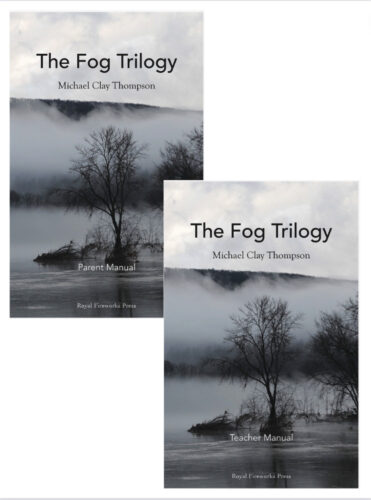
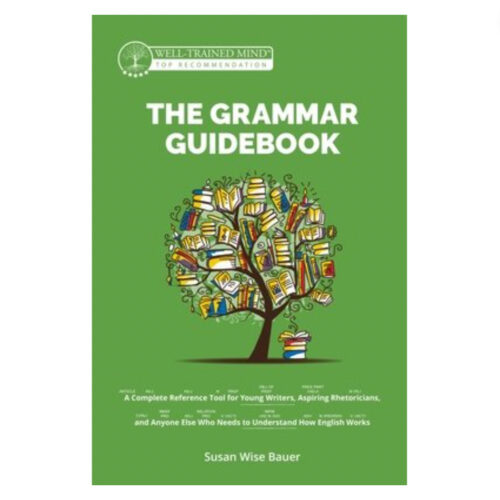
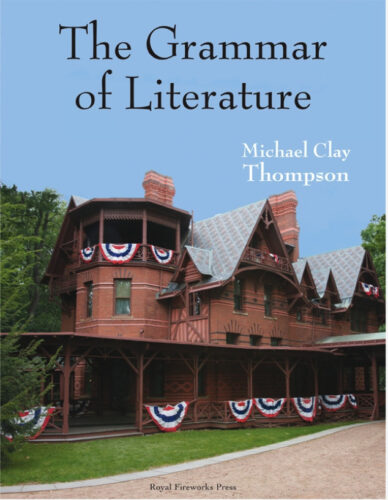
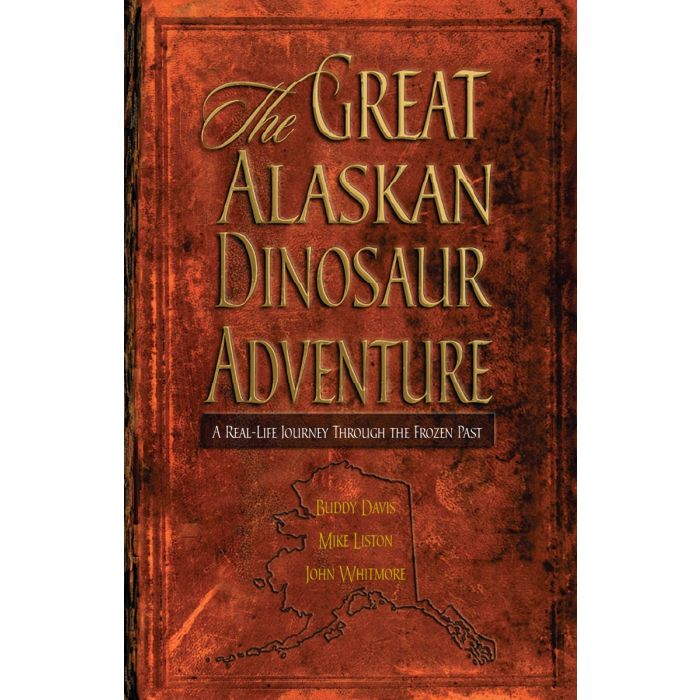
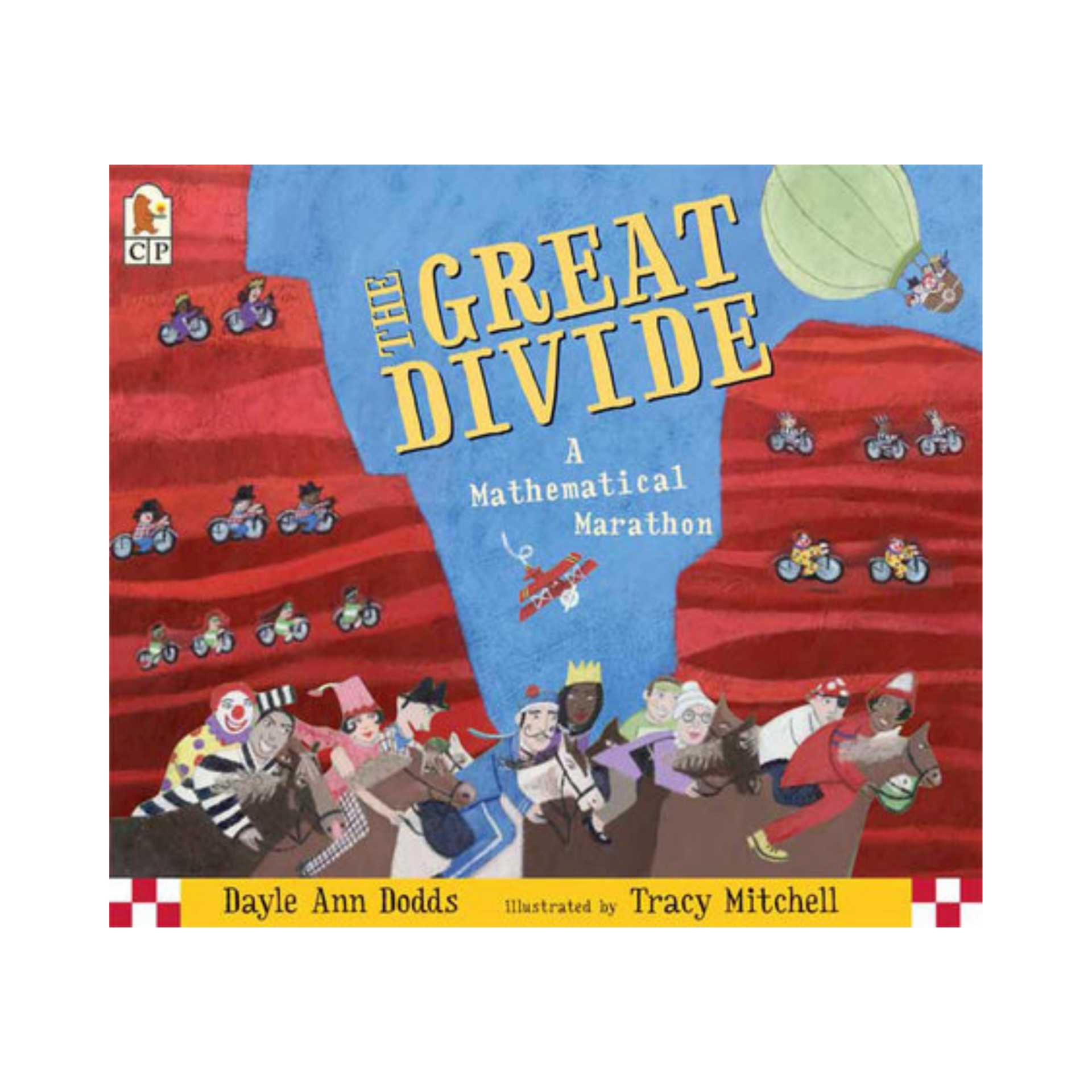
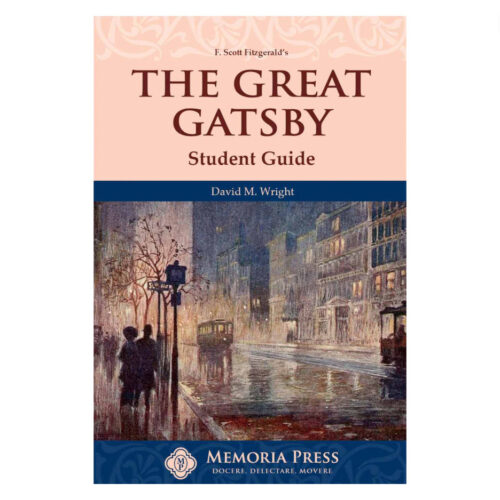
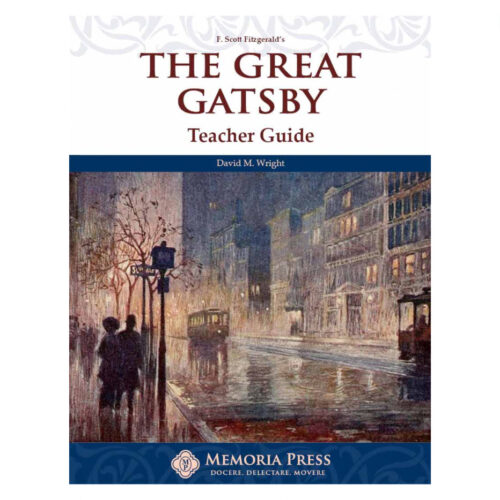
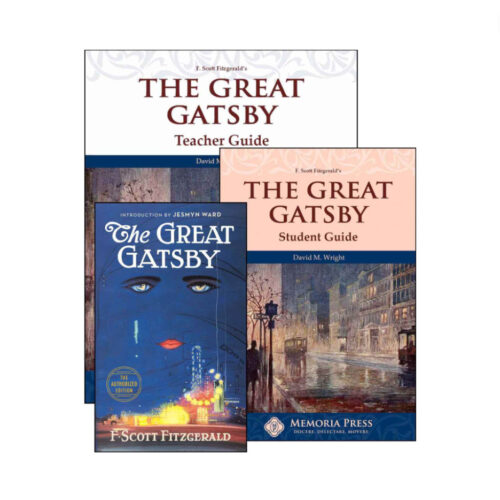
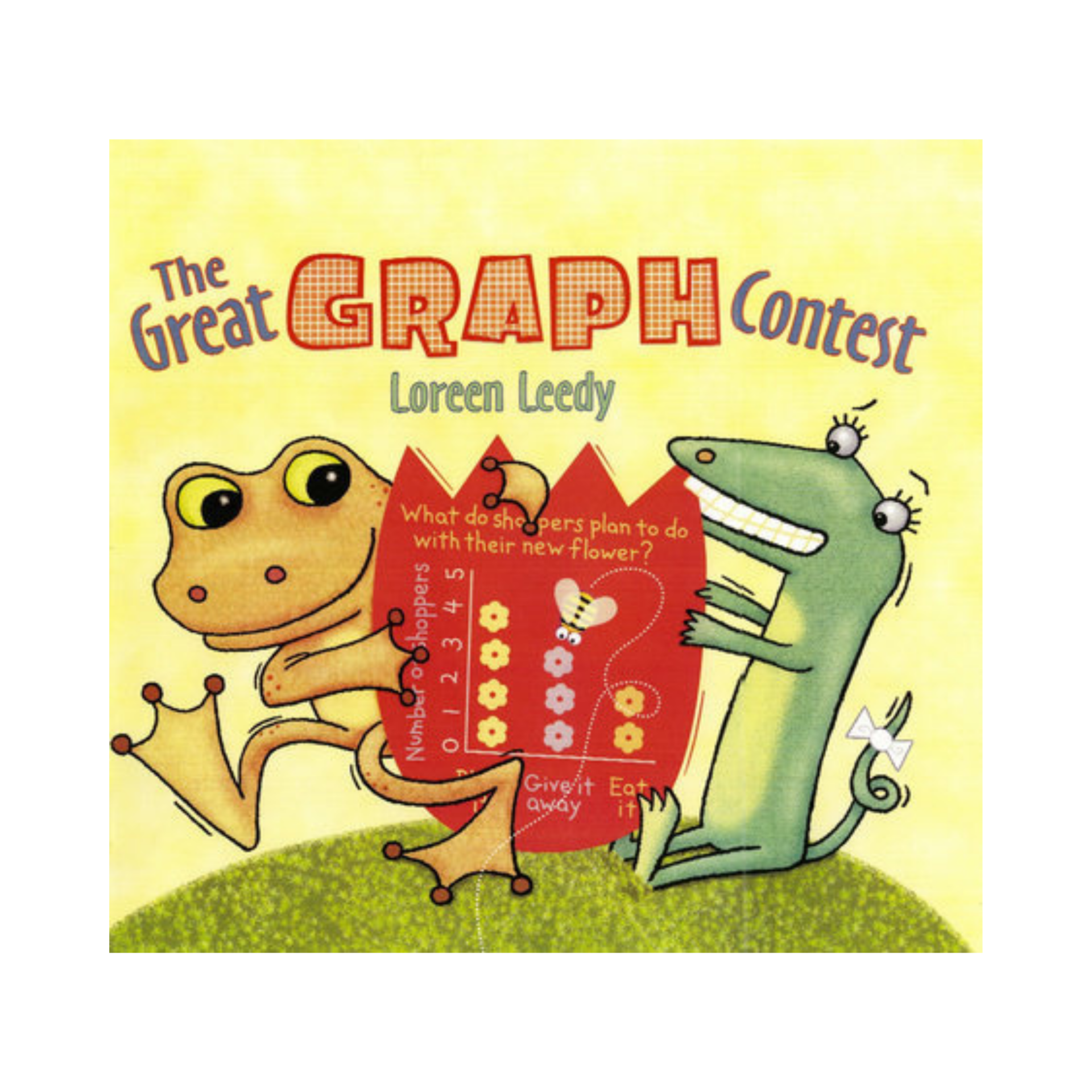
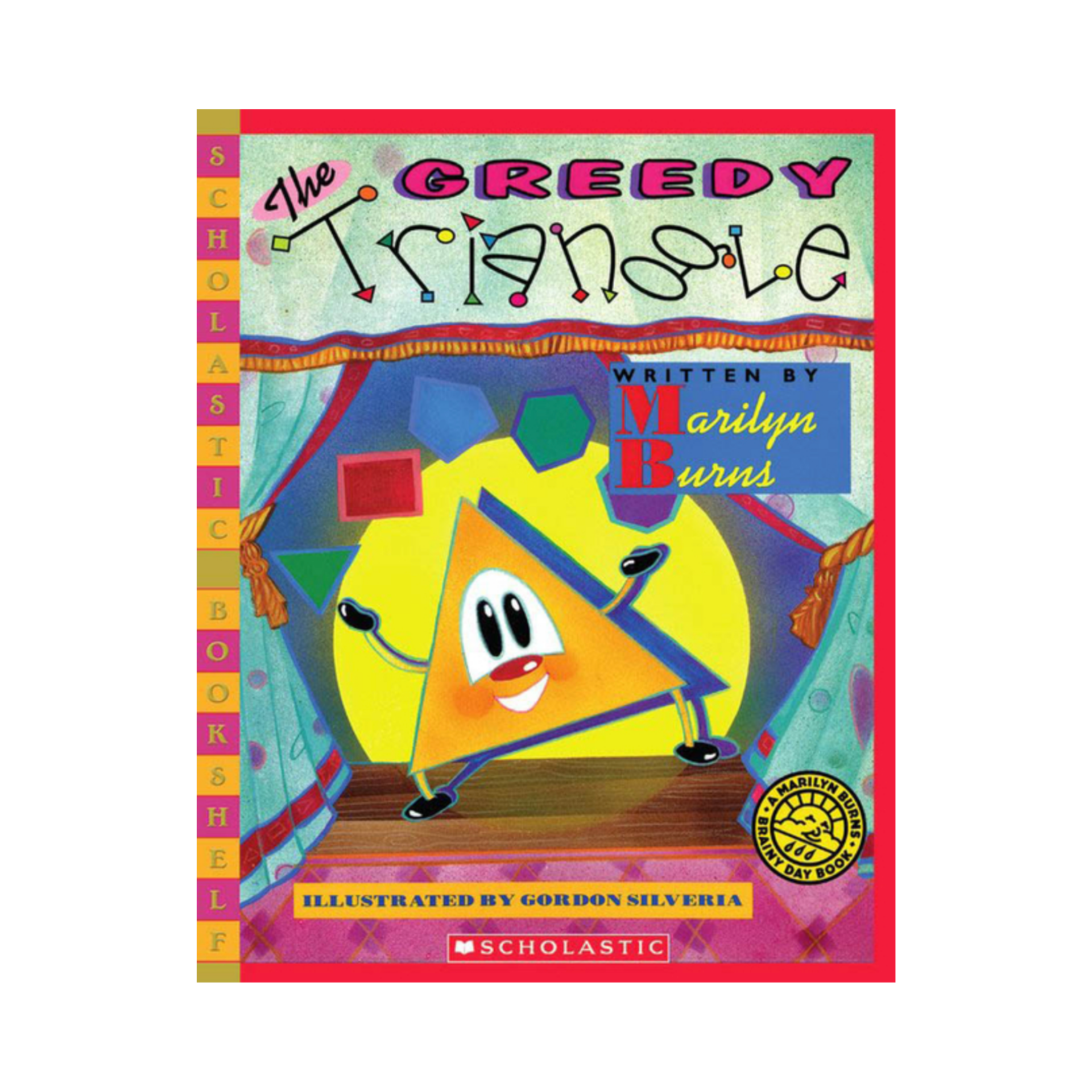
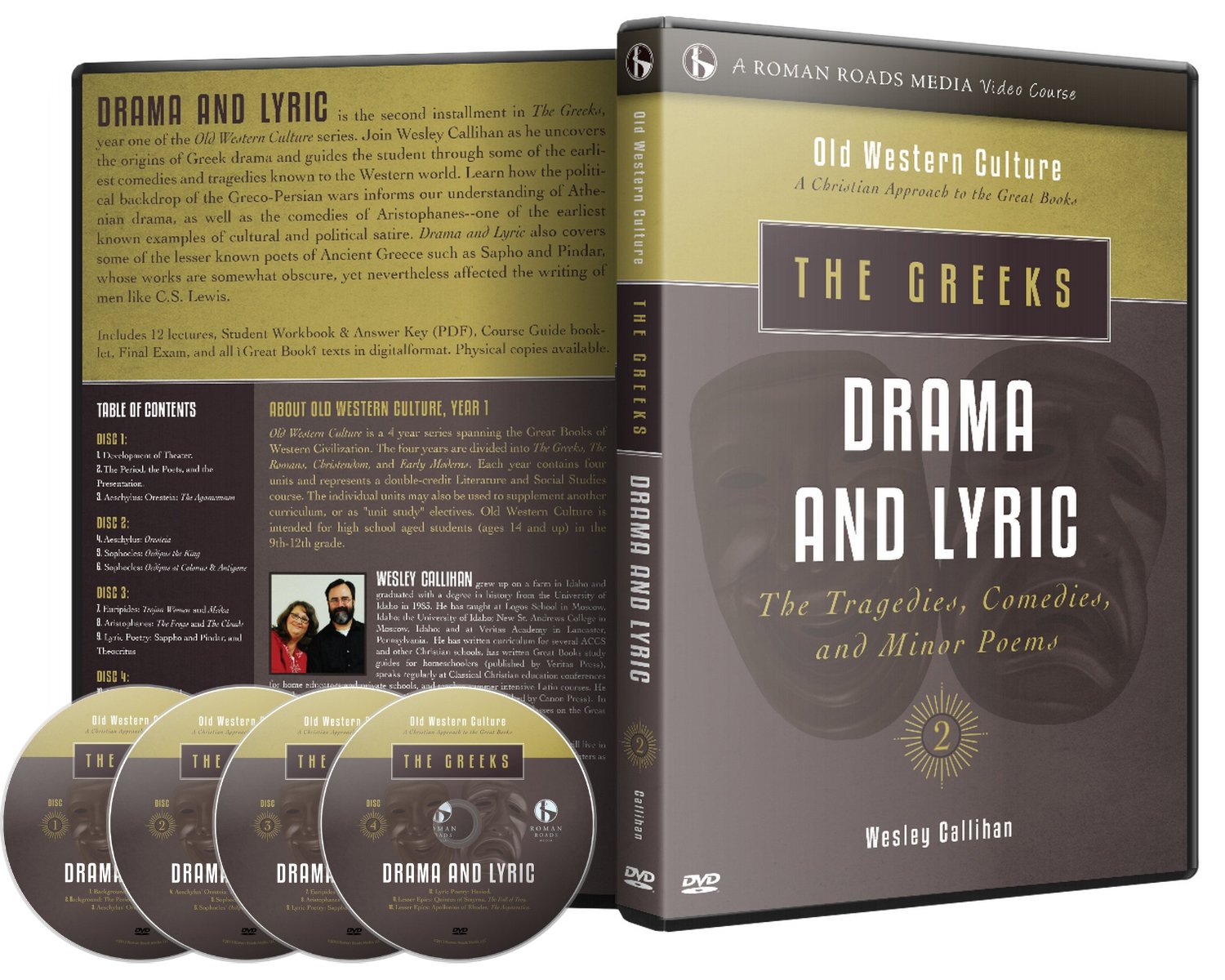
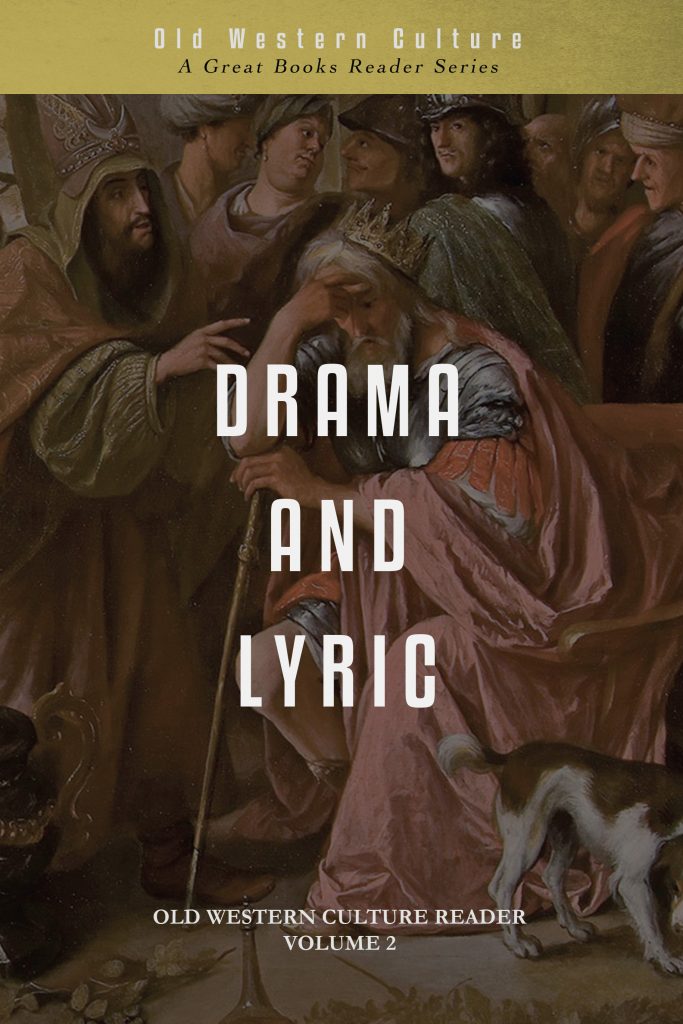

 No products in the cart.
No products in the cart.